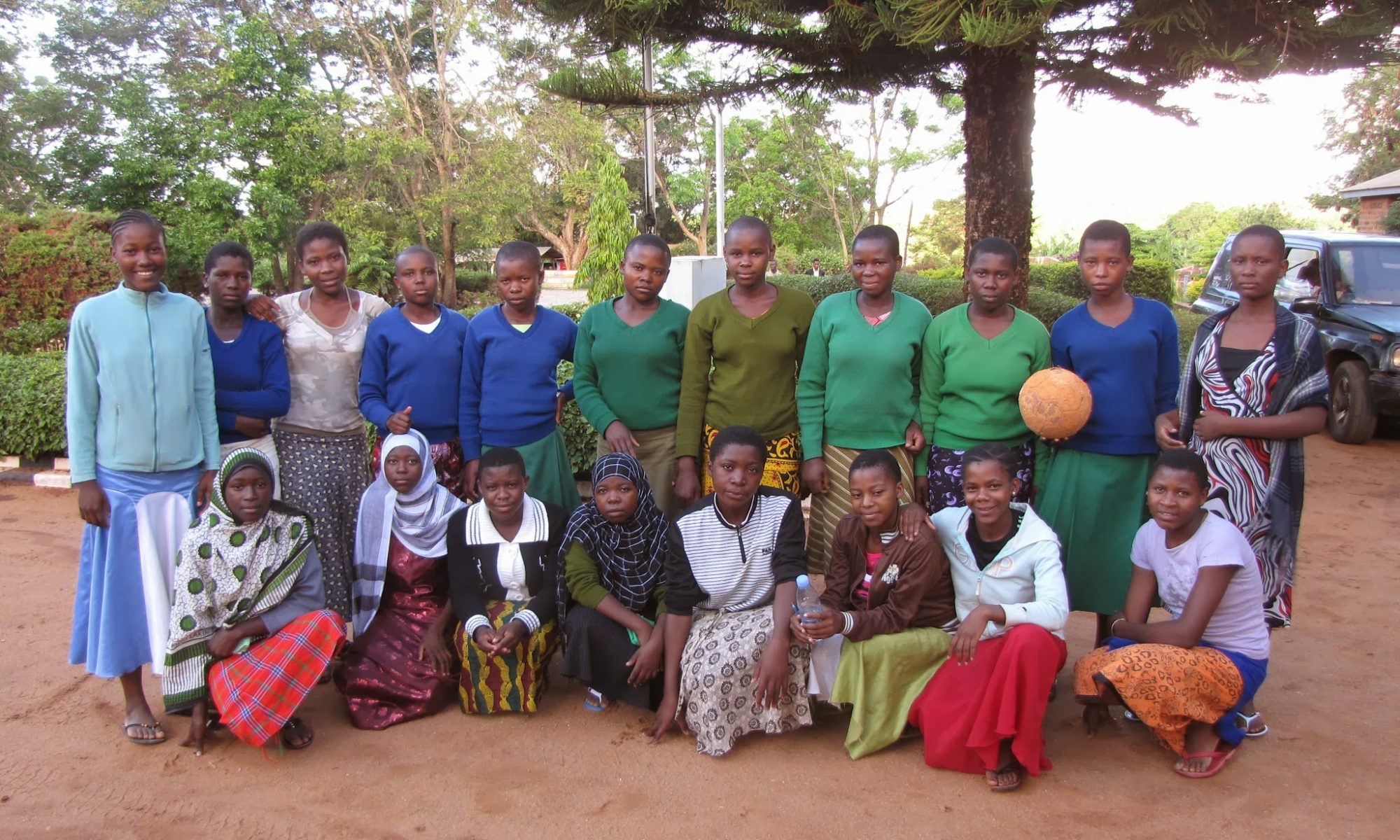Education Slowing AIDS in Sub-Saharan Africa
http://live.psu.edu/story/38464
This study challenged the decades-long belief that increased education increased the chance of receiving AIDS. While Tanzania was not part of the study, neighboring Malawi and Kenya should provide a strong correlation. I am not necessarily convinced of the “cognitive tool” hypothesis, it may just be because time in school means less time doing “other activities” or that it even provides a formal education on HIV/AIDS awareness.


I wonder what they count as “formal education”. They often refer to “some schooling”. Could this mean as little as a few years of primary school? Currently, in Tanzania, someone who has been educated through Form 3 really does not have a chance of finding a better job. The only marketable skills they have would be literacy, but that’s not enough anymore. What they have received, however, is some basic education in biology and civics classes about HIV/AIDS.
I think it is hard for them to make the conclusions that they do in the study, since there are so many other factors now. It is very common for songs and popular culture to provide some AIDS education, there are posters everywhere, PSAs on the radio, billboards, etc. The earlier studies were done at a time when none of this information was available. Even in the villages, people are repeatedly exposed to information on HIV/AIDS. While it is true, some don’t always believe it, they have heard the information.